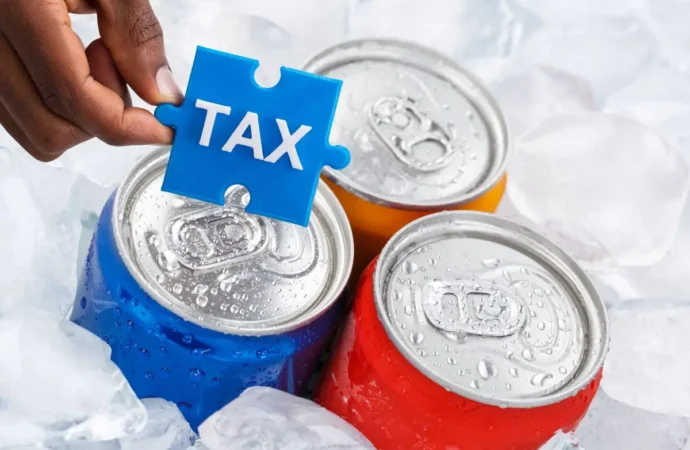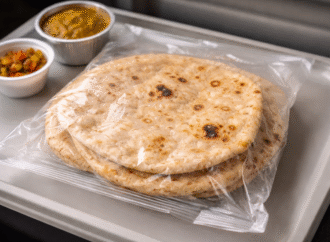Key Update
The United Arab Emirates (UAE) has announced that its new tiered ‘sugar tax’ on sweetened beverages will take effect from January 1, 2026, replacing the existing flat-rate system. The Ministry of Finance confirmed that the change aims to encourage healthier consumption and align with the Gulf Cooperation Council (GCC)’s unified approach to taxing sugar-sweetened drinks.
Tiered Tax Replaces Flat 50% Levy
Currently, the UAE imposes a 50% excise tax on all sugar-sweetened beverages. Under the new system, the tax will vary depending on sugar content per 100ml, meaning drinks with higher sugar levels will face higher tax rates. Energy drinks will continue to be taxed at 100%, as per the existing law. The ministry has outlined a transition mechanism allowing importers and manufacturers who have already paid the 50% excise tax before the law takes effect to adjust to the new framework.
Promoting Healthier Choices
First proposed in July 2025, the sugar tax seeks to motivate manufacturers to cut sugar levels in beverages and raise public awareness about healthy dietary habits. Officials said the legislation supports the UAE’s broader efforts to reduce lifestyle-related diseases and promote wellness.
Part of GCC-Wide Strategy
The new policy aligns with the GCC’s adoption of a tiered volumetric model for taxing sugar-sweetened beverages. Other member states—including Saudi Arabia, Qatar, and Bahrain—currently impose a 50% tax on sweetened and carbonated drinks and a 100% tax on energy drinks. Oman also levies a 50% tax on sugary beverages and recently introduced digital tax stamps for better traceability. Kuwait remains the only GCC country yet to introduce an excise tax on sweetened or energy drinks.
Source: The Indian Express
 Food Manifest
Food Manifest 


















